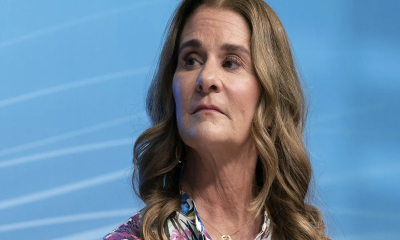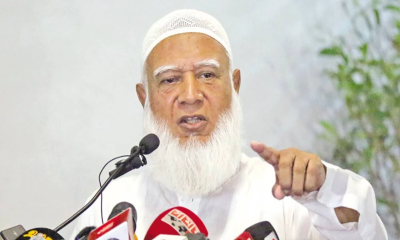A new study has found that babies as young as four months old are capable of forming memories, challenging long-held assumptions about early brain development.
Using advanced brain imaging, researchers observed memory formation in 26 infants aged between four and 24 months, revealing that the hippocampus—the brain’s memory and emotion hub—is already active in very young children.
The team, led by Dr Nick Turk-Browne, used functional MRI (fMRI) scans to monitor infant brain activity while showing them a series of images, including faces, objects, and scenes.
To assess memory, they later presented familiar images alongside new ones and tracked which the babies looked at longer—a signal of recognition.
If an infant stared at a previously seen image more than a new one, researchers classified it as a remembered image.
While younger babies showed activity primarily in the hippocampus, older infants between 12 and 24 months also displayed engagement in the orbitofrontal cortex, a brain region linked to decision-making and recognition.
This suggests that more complex memory systems begin to develop in the second year of life.
“Our findings show that infants can form memories after brief exposure to experiences—even if they won’t be able to consciously recall them later in life,” said Dr Turk-Browne.
The research supports the theory that early childhood memories are stored but become inaccessible over time, raising questions about why most people cannot remember anything from before the age of four or five.
It also opens new avenues for exploring how memory functions in early development, with implications for understanding language learning, neurodevelopmental disorders, and memory-related conditions like Alzheimer’s disease.
The researchers say further studies are needed to determine how long these early memories last and how complex they can be, but this discovery marks a significant step toward understanding how memory begins in the human brain.


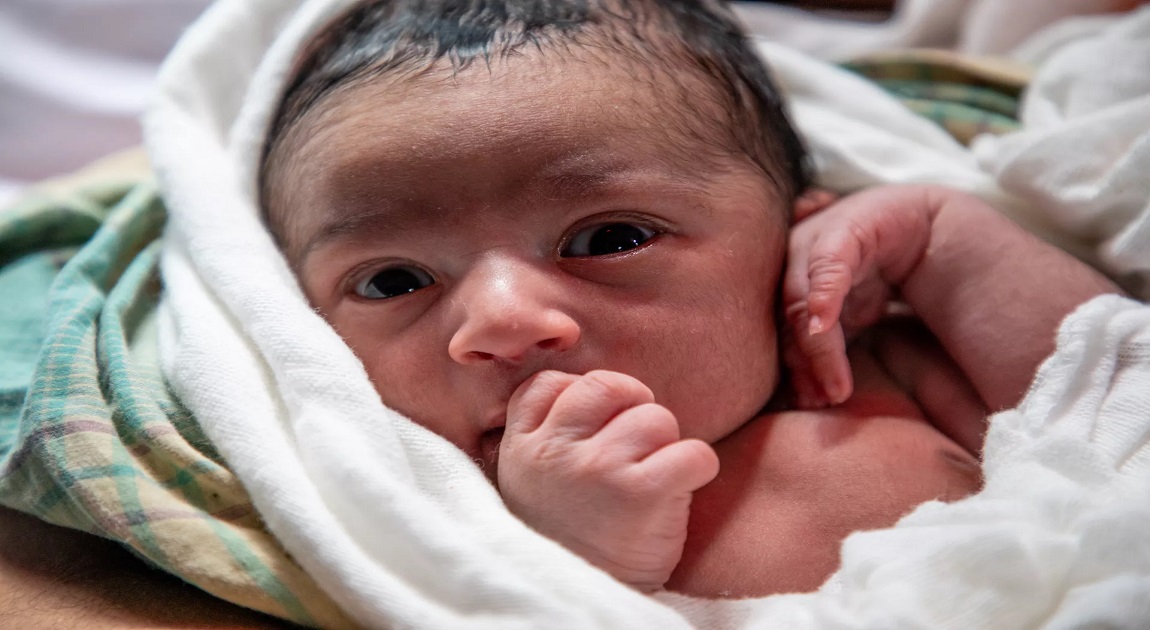


-20260108103159.webp)



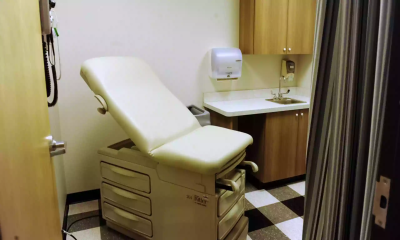










-20260207051849.webp)
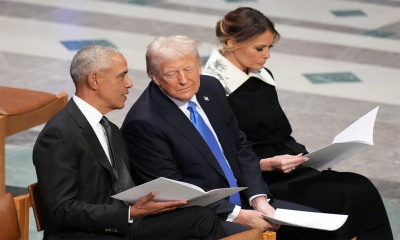




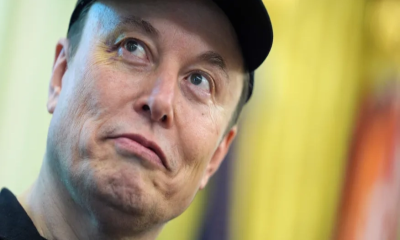




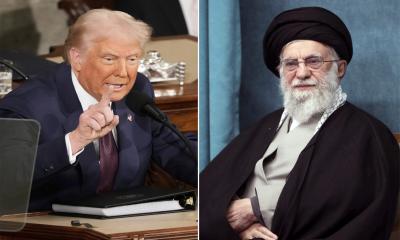
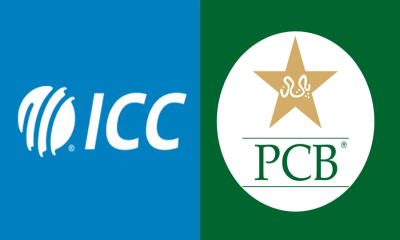


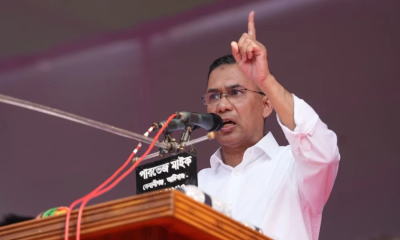

-(25)-20251122062715-20260203032300.jpeg)
